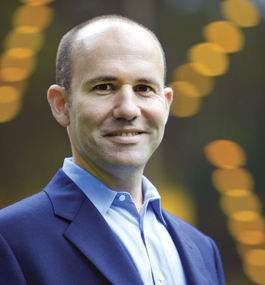 by Amy Gallo
by Amy Gallo
Everyone aspires to have purpose or meaning in their career but how do you actually do that? What practical steps can you take today or this month to make sure you’re not just toiling away at your desk but you’re doing something you genuinely care about?
What the Experts Say
Unfortunately, most of us don’t know how to make the job decisions that lead to satisfaction. Nathaniel Koloc, the CEO of ReWork, which provides recruiting services to companies that offer purposeful work, says that’s because no one really ever teaches us how: “Very few parents, teachers, and mentors urge us to think about this or give us mental models to use,” he says. “We tend to only get nibbles of what meaningful work is in our twenties.” As a result, we often pick jobs for the wrong reasons, says Karen Dillon, coauthor of How Will You Measure Your Life. “We look for things that we’re proud to talk about at a cocktail party or look good on a resume.” But rarely are those the things that translate to satisfaction. Here are principles you can follow to find a career — and a specific job — you don’t just enjoy, but love. Continue reading →
by Rhett Power






 By Andy Molinsky
By Andy Molinsky by Amy Gallo
by Amy Gallo